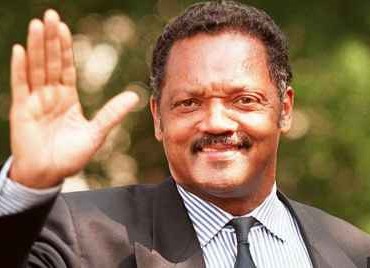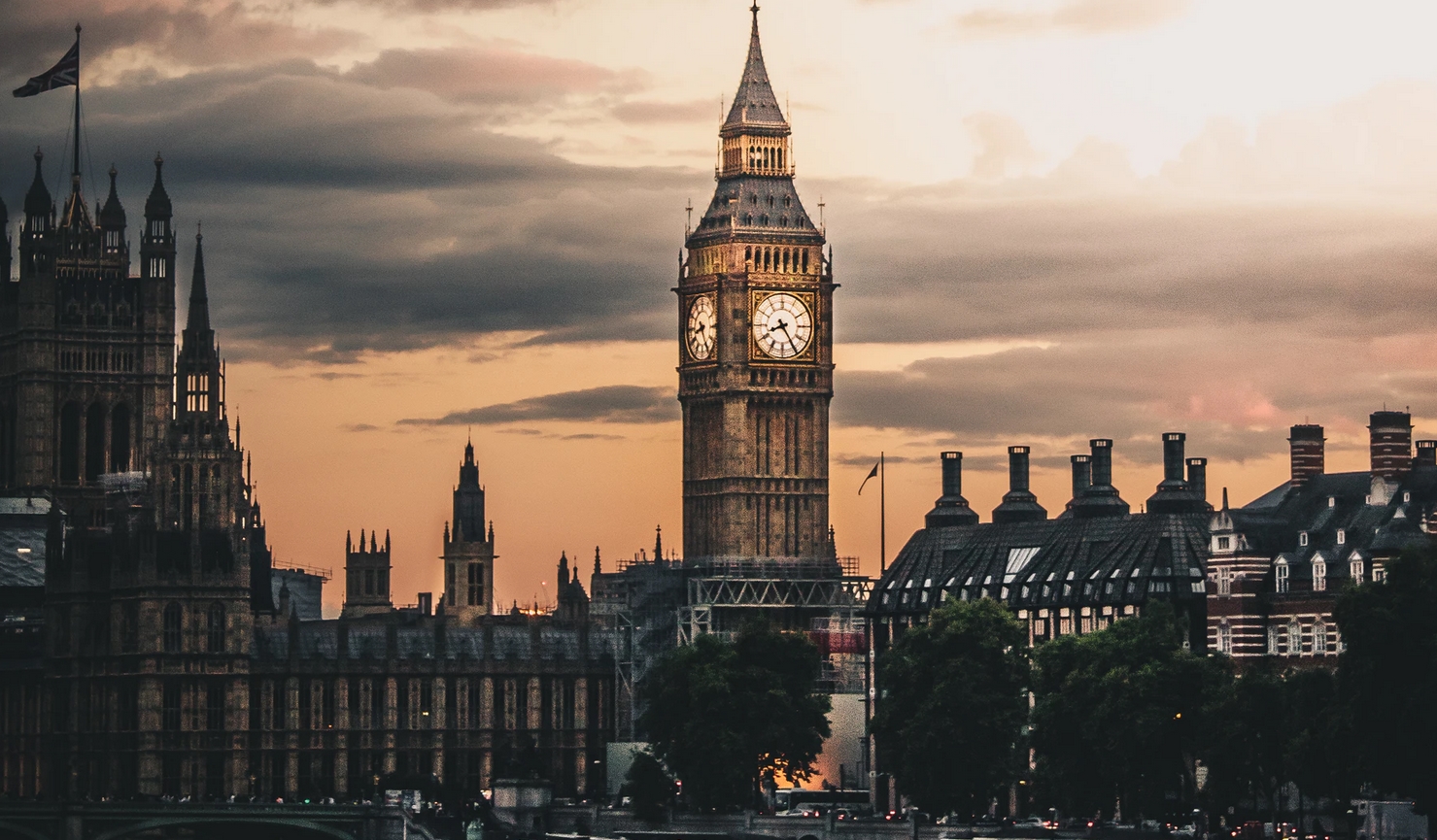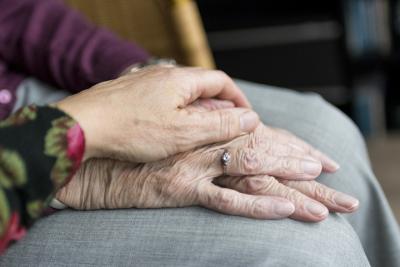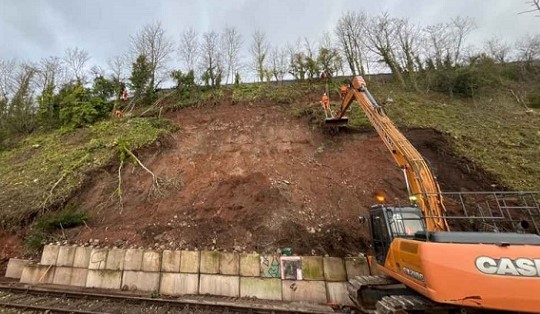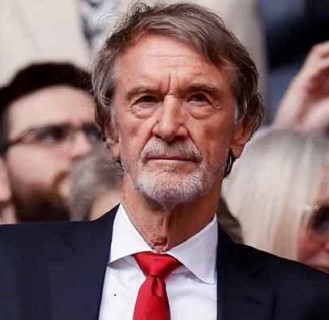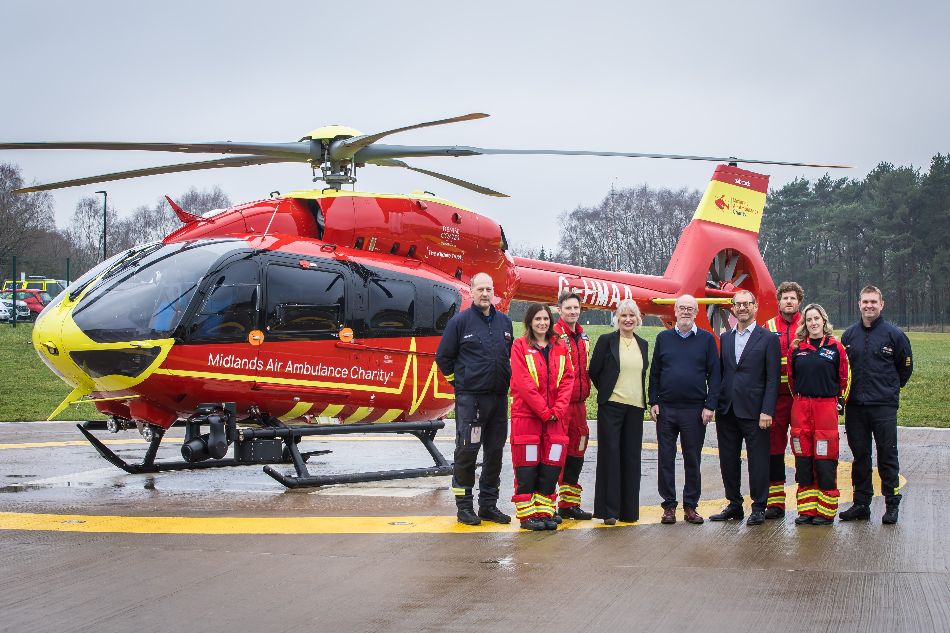London will move into England’s highest tier of Covid restrictions from tomorrow, Health Secretary Matt Hancock has said. Parts of Essex and parts of Hertfordshire will also enter tier three at the same time.
A new variant of coronavirus has been identified that "may be associated" with the faster spread in southern England, Mr Hancock added. Pubs and restaurants in tier three must close except for takeaway and delivery.
Also under the rules, sports fans cannot attend events in stadiums, and indoor entertainment venues - such as theatres, bowling alleys and cinemas - must remain shut.
The health secretary told a Downing Street briefing that action had to be taken immediately - before the next scheduled review of England's three-tier system tomorrow - to slow "sharp, exponential rises" in infection, adding that in some areas the virus was doubling around every seven days.
Speaking alongside Professor Chris Whitty, England's chief medical officer, and Prof Kevin Fenton, London regional director for Public Health England, Mr Hancock warned that hospitals across the capital, Essex and Kent were already "under pressure". He described the rise in transmission and the new variant as "a salutary warning for the whole country".
"This isn't over yet," he said.
With Kent, Medway and Slough already under tier three rules, it means large parts of south-east England will soon join much of the Midlands, north-west England and north-east England under the strictest curbs on social contacts.
More than 34 million people in England will be in tier three when the changes come into effect; 21.5 million in tier two; and about 700,000 in tier one.
The latest tier three areas include:
· Greater London
· The south and west of Essex (Basildon, Brentwood, Harlow, Epping Forest, Castle Point, Rochford, Maldon, Braintree and Chelmsford, along with Thurrock and Southend-On-Sea borough councils)
· And the south of Hertfordshire (Broxbourne, Hertsmere, Watford and the Three Rivers local authority)
Prof Whitty warned cases in some areas could rise "very rapidly" by Christmas - without action to combat the current doubling rate. But he stressed it was "possible to turn this around with the tools we have", highlighting how areas such as Liverpool have successfully brought infection rates down.
Prof Fenton said it was a "pivotal moment" for London and parts of south-east England, which was why the government had had to take "quick and decisive action". Asked whether the government should rethink plans to ease some restrictions for Christmas, Mr Hancock said "it's important everyone is cautious" ahead of the festive period, especially when meeting vulnerable people.
"But we do understand why people do want to get together with their families," he said. Prof Whitty echoed his remarks, adding that people need to be conscious of the fact that the vaccine is "not going to give us a way out between now and Christmas or indeed for the two months following that".
On the new variant, which is being tested at Porton Down, Prof Whitty said it would be "pretty surprising" if it were to reduce the effectiveness of the vaccine. Earlier, Hancock told MPs there was "currently nothing to suggest" that the new variant was more likely to cause serious disease and advice was that it's "highly unlikely" the mutation would fail to respond to a vaccine.
Labour's shadow health secretary Jonathan Ashworth said "none of us are surprised" at the action the health secretary is taking, but warned the country was "heading into the Christmas easing with diminishing headroom". Meanwhile, London Mayor Sadiq Khan described the announcement as "incredibly disappointing" for businesses, but said it was clear the virus was "accelerating in the wrong direction" and urged all Londoners to follow the rules.
Essex County Council leader David Finch said local leaders would lobby the government for support "during this very challenging time", and Hertfordshire County Council's leader, David Williams, called for residents to "stay disciplined and stick to the guidance". Sectors hit hard by the fresh restrictions expressed anger over the decision.
The director of the Theatres Trust said London's theatres would face "disaster" under the stricter rules, while business owners in the capital said it would "be a ghost town".
Kate Nicholls, of trade body UKHospitality, said the move places an "unfair, illogical and disproportionate burden on hospitality businesses without effectively tackling Covid". And Emma McClarkin, chief executive of the British Beer & Pub Association, said the move into tier three was "another nail in the coffin for London's pubs, as well as those affected in parts of Hertfordshire and Essex".
There was also disappointment that sporting events in London would no longer be able to welcome fans.
An MP in an earlier briefing from Mr Hancock said they were told that the next review of the tier system would be on December 23.


